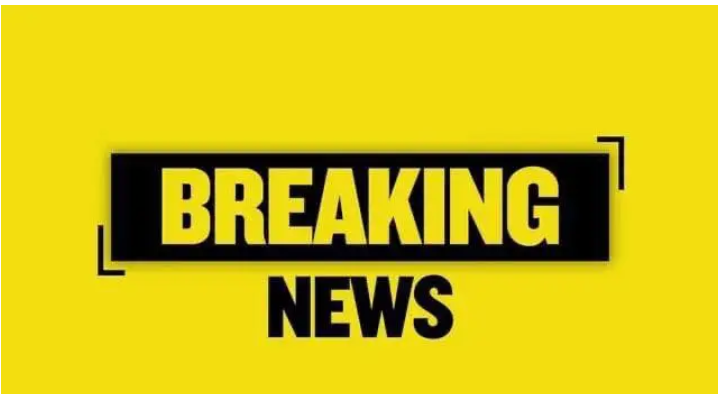This morning, UEFA announced some very sad news for Manchester United. Despite their FA Cup victory against Manchester City, Manchester United will not play in the UEFA Europa League next season.
Following their thrilling FA Cup victory against Manchester City, Manchester United received distressing news from UEFA this morning: they will not be participating in the UEFA Europa League next season.
Following their thrilling FA Cup victory against Manchester City, Manchester United received distressing news from UEFA this morning: they will not be participating in the UEFA Europa League next season.
This decision also impacts other English clubs, excluding Newcastle from all European competitions and demoting Chelsea from the Europa League to the Conference League.
The ramifications of UEFA’s decision are significant, potentially placing Manchester United alongside Chelsea in the third tier of European football, the Conference League. This situation stems from UEFA’s strict multi-club ownership regulations.
At the center of the issue is OGC Nice, a French club owned by Sir Jim Ratcliffe’s company, Ineos. Nice earned a spot in the Europa League by finishing fifth in France’s top division.
However, Ratcliffe’s 27.7% ownership stake in Manchester United presents a conflict under UEFA’s rules.
According to Article 5.01 b of the UEFA regulations, no individual or entity can have a direct or indirect influence over the management, administration, or sporting performance of more than one club in UEFA competitions.
L’Equipe reports that Ineos plans to invest an additional £245 million into Manchester United’s infrastructure projects, potentially increasing their shareholding to over 30%. If this investment proceeds, it would breach UEFA’s ownership regulations, potentially relegating one of the involved teams to the Conference League.
This development jeopardizes Manchester United’s European ambitions. UEFA’s regulations are clear: breaching the multi-club ownership rule would force one of Ratcliffe’s teams out of higher European competitions, relegating them to the Conference League or excluding them entirely.
Consequently, Manchester United, despite their recent domestic success, might find themselves excluded from the more prestigious UEFA tournaments.
For Manchester United, this casts a shadow over their future in European competitions.
The club has a storied history in the Champions League and Europa League, making this potential exclusion a significant blow.
Fans and stakeholders are now left in uncertainty, contemplating the implications of UEFA’s ruling and the future direction of their beloved club.
Meanwhile, Nice’s focus remains on maintaining their hard-earned spot in the Europa League.
However, the looming threat of UEFA’s ownership regulations could derail their European campaign.
The intersection of financial investments and regulatory compliance is now a critical issue for both clubs.
In conclusion, the complex web of multi-club ownership and UEFA’s strict regulations has placed Manchester United and Nice in a precarious position.
UEFA’s forthcoming decisions will not only determine the immediate future of these clubs in European competitions but also set a precedent for how similar ownership situations are managed in the future.
